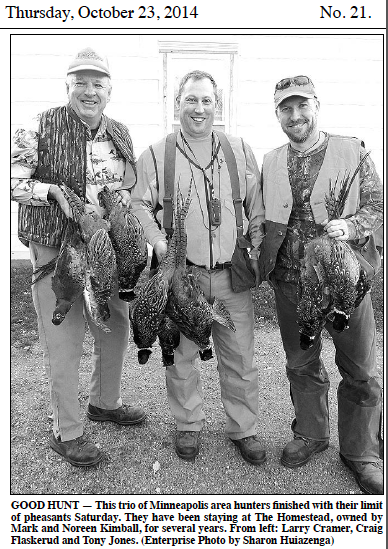I do get asked on occasion, “What is practical theology?” Lots of people are pretty sure they know what systematic, dogmatic, and biblical theology are, but less are sure exactly what practical theology is.
At Princeton Theological Seminary, Dr. Richard Osmer has developed a model of doing practical theology that is extremely helpful in this regard, so I’ll describe it over the course of a few posts. His is what a philosopher would call a “wide, reflective equilibrium model” — that is, he’s not trying to reinvent the wheel but to describe the field of practical theology as it currently stands.
But before that, a little history: the theologian Friedrich Schleiermacher “invented” practical theology in the 18th century. At the time, the German research university model was being born — that’s what all of our higher education now is reflecting, for better and worse — and the work of theology was being broken up into what is called the “theological encyclopedia.” The volumes in that encyclopedia were 1) biblical studies, 2) systematic theology, and 3) church history. Schleiermacher proposed that a fourth discipline be added, called “practical theology,” that would develop “rules of art” for Christian life and ministry.
Over the course of three hundred years, however, practical theology devolved into, basically, application of the findings of the other three disciplines. That is, you’d take all your weighty courses in seminary from the other three, then you’d get a class on preaching or Christian education or pastoral counseling that was basically a “nuts and bolts” class.
Since the middle of the 20th century, there has been a renaissance in practical theology, spurred on by the University of Chicago Divinity School, Princeton, Emory, and several European universities. During this time, practical theologians have staked their claim as doing constructive theology, not merely applying the findings of other fields of study. What sets practical theology apart from the other three disciplines in theological education (and what I find most compelling) is that it’s grounded theological reflection. In other words, practical theologians attempt to deal with issues that are a part of life in the world, not to solve abstract theoretical problems.
So here’s a working definition: practical theology is theological reflection that is grounded in the life of the church, society, and the individual and that both critically recovers the theology of the past and constructively develops theology for the future.











